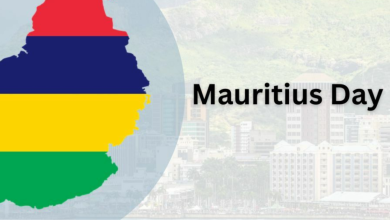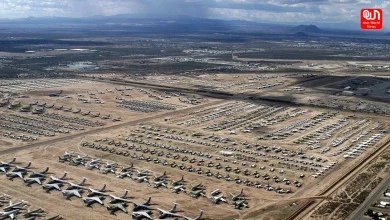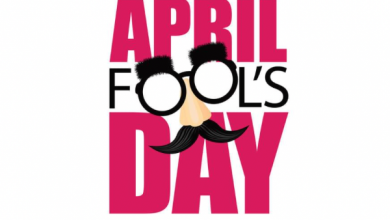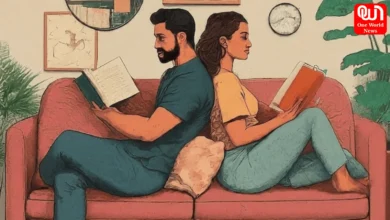BURQA BAN: To‘deradicalise’ Muslims or is it yet another attack on Muslim identity?
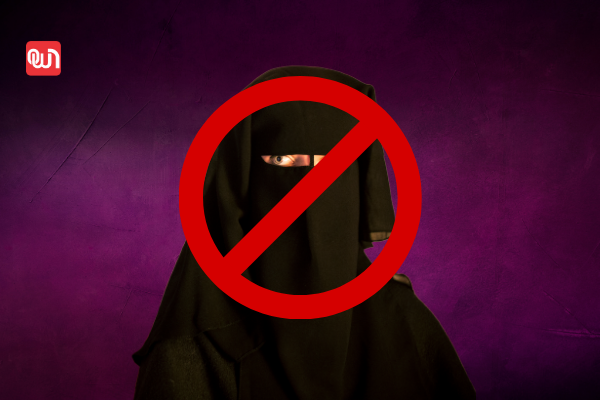
After European countries, Srilanka is going to a ban on face veils and shut over 1000 madrasas
Srilanka will soon ban burqa or face veil, according to its latest public policy, impacting the Muslim minority community of the country. Sarath Weerasekara, Public Security Minister said that the authorities would henceforth use the controversial Prevention of Terrorism (PTA) law to deal with religious extremism, with wide-ranging powers to detain suspects to ‘deradicalise’ them.
At a media conference, Mr Weerasekara said: “The burqa is something that directly affects our ‘national security. This [dress] came into Sri Lanka only recently. It is a symbol of their religious extremism.”, according to a report by The Hindu. “Over 1,000 madrasas would be shut,” he said.
The government’s moves on burqas and schools follow an order last year mandating the cremation of Covid-19 victims against the wishes of Muslims, who bury their dead. However, the ban was lifted earlier this year after facing criticism from the United States and international rights groups.
It is not only Sri Lanka
The situation is not very different in European countries as well. In December 2016. Germany decided that the wearing of full-face veils should be prohibited “wherever it is legally possible”. France also came up with a law eventually banning the voile in school. All these incidents have little to do with scarves themselves but reflect the ongoing concern with symbolism, identity, and human rights in an international context, as well as a continued reluctance to acknowledge the nuances and complexity of the Muslim population. While some girls came from families who encouraged the covering of their heads, others adopted the headscarf willingly as a symbol of protest and provocation. Over this, we can recall Amartya Sen’s ideas about identity, that a facet of identity tends to increase in importance in the face of persecution. Furthermore, in 2011, a law banning the full-face veil came into effect in Belgium. Something similar has happened in Italy, Spain and the list goes on.
Read more: 3 decades of Kunan Poshpora and impunity for Indian security forces
Sri Lanka, a majority Buddhist nation, will ban the wearing of the burqa and shut more than a thousand Islamic schools https://t.co/uQlefKqE6x pic.twitter.com/JEv196Vo6F
— Reuters (@Reuters) March 13, 2021
A threat to national security or an attack on Muslim identity?
Muslims are increasingly portrayed in the light of wider global perceptions of Islam. Consequently, there is growing concern over the confusing of such pre-existing religious identity or culture and larger international problems of radical fundamentalism and terrorism. The very subjectivity of what constitutes a ‘threat to national security and the principle of national self-determination can be too easily manipulated according to the political will of a select group that holds a powerful position in the society. This is leading to a world that has now successfully stigmatised Muslims.
The misrepresentation of Muslims as linked to such issues in turn often engraved these issues and contributes to an evolving sense of oppositional Muslim identity. Muslims in most of the countries worldwide often live physically separated in suburban areas around large cities, where, frequently due to discrimination, they experience disproportionally higher rates of unemployment, crime, and violence. This physical separation also leads to a communication gap and the perception of an extreme cultural difference and accusations that this population of Muslim has been less able or less willing to integrate into the mainstream.
Fresh attacks by outsiders, including the 2020 killings of three people at a Catholic church in Nice, Muslims in France have kept their heads down and chins up. But deep down, they still fear that they would be held responsible.
Unfortunately, this tendency to over-generalize based on incidents of violence leads to a growing perception of Muslims as a homogenous group marked by violent radicalization and unbreakable ties to the Arab world. Never before have we witnessed such a climate of mutual suspicion between Muslims and mainstream societies across different non-muslim countries. According to a Public opinion survey, Europe shows increasing fear and opposition to European Muslims, who are perceived as a threat to national identity, domestic security and the social fabric. Muslims, on the other hand, are convinced that the majority of Europeans reject their presence and vilify and presume their religion. The case is not very different in other countries as well. Such a misunderstanding is worrisome as it fuels dangerous Islamophobia, on the one hand, and radicalisation, on the other.
The Muslim minority of Sri Lanka are facing more challenges as the country is set to ban the burqa and close 1,000 Islamic schools on grounds of "national security".#Islamophobia #Burqa #HumanRights #SriLanka pic.twitter.com/u3f7VavrSS
— Islam Channel (@Islamchannel) March 15, 2021
Is this happening for the first time?
No, following the September 11, 2001 attacks on the United States (henceforth, 9/11), Islam and Muslims started to come to the forefront of the Western media, indeed not for very positive reasons. As Osama Bin Laden cited religious motives for his criminal attacks, a debate started in the Western media over the true nature of Islam and whether or not it justified or even encouraged violence, particularly against non-Muslims. Many media outlets referred to the 9/11 terrorists simply as ‘‘Muslims,’’ which further engraved stereotyping of Islam and did nothing to help stop the verbal and physical attacks taking place against Muslims in the U.S. at the time. While news continues to divide and unite people on the basis of the press agenda, their depictions of Islam and Muslims have potentially serious consequences and major influences on the Muslim person’s identity within the local and global Muslim communities.
Conclusion
The Study of Terrorism and Responses to Terrorism (START), a research and education centre at the University of Maryland, believe that Muslims are in fact the most likely victims of terrorism worldwide. This is because they not only suffer the attack but also continue bearing the brunts of it.
The normalisation of Islam and Muslims as a faith that preaches violent acts is, worrying, dangerous and painful for those who identify as Muslims. The 2019 Christ church attack on Muslim worshippers is a tragic outcome of one person’s irrational hatred and as a result of misconceptions. In India, we have already witnessed an increase in hatred towards Muslims after the Tablighi Jamaat incident. Like all group identities, Muslim identity is shaped by the concept of self and external attributions. A negative public perception of a group’s identity would have both personal and social consequences.
To uphold social justice in a democratic society, collective social action is needed to address minority concerns. There is a need to establish links with one another to foster social awareness and share the collective representation of issues. There should be a chance for all the communities to engage with the government, media and among themselves to foster understanding and initiate positive knowledge-sharing outreach programmes. Furthermore, greater care must be taken to avoid stereotyping Muslims portrayal of this population as a homogenous, radical community. Given the harmful effects of such portrayals and reactions, it is imperative that more nuanced conceptions of identity be promoted by scholars, politicians, and citizens alike.
Have a news story, an interesting write-up or simply a suggestion? Write to us at info@oneworldnews.com



